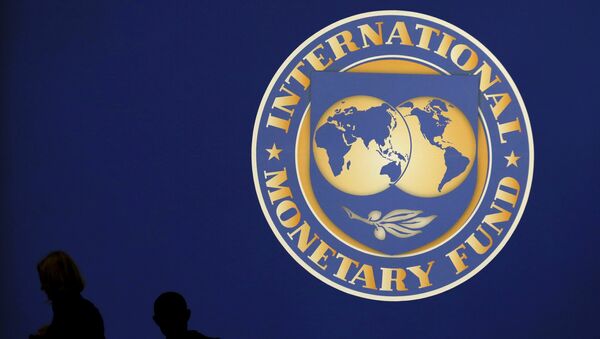"There are a number of fronts that can be done or in which action is needed to achieve diversification. One very basic [step] that needs to be done is to ensure the economy is less dependent and less vulnerable to oil prices and for that to happen, implementing a fiscal rule that is anchored around prudent values for the oil price is essential. This is the first step, and the [Russian] authorities are taking very good steps in that direction," Di Bella said.
The IMF representative urged the Russian government to continue the policy of diversification for several years in order to lessen the dependence of the country's economy on oil.
"Russia, of course, is a member of WTO [the World Trade Organization], lots of efforts were put to achieve that objective. Going forward, if we look at countries that have diversified like South Korea or Chile, they have had over very long periods of time this strategy of opening to the world, be part of multilateral trade agreements or regional trade agreements. Right now, Russia is beginning that road, but still too early, so these are policies that should be implemented over a very long period of time for them to have results," Di Bella noted adding that it took countries like Chile from 10 to 15 year to implement the economy diversification strategies.
According to Russia's Federal Customs Service, Russia's budget revenues in 2016 amounted to almost $74 billion.
On June 15, Russia's Prime Minister Dmitry Medvedev said that the non-oil budget revenues in the first quarter of 2017 had reached around 60 percent.



